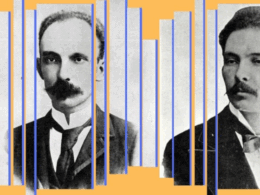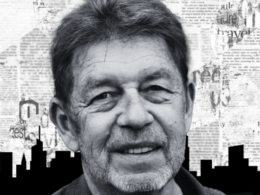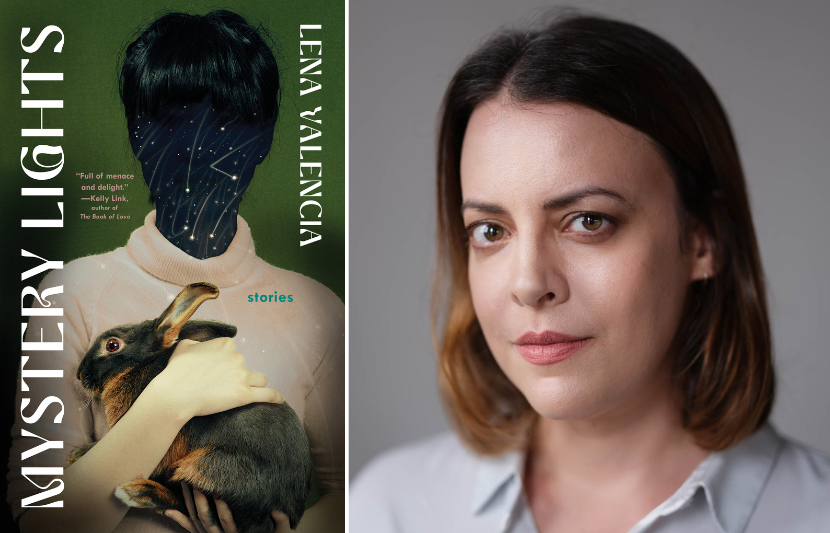
Mystery Lights by Lena Valencia (Tin House, 2024); photo: Ryan Spencer
Southwest Shirley Jackson: that’s the comparison that floats like ectoplasm through the minds of readers who encounter the horripilating stories of Lena Valencia, whose debut collection, Mystery Lights, is out this month from Tin House. Set in desert landscapes where natural beauty and supernatural forces combine to throw her horror-habituated characters—ghost hunters, slasher-flick screenwriters, UFO aficionados—off balance, these tales investigate the manifold emotional realms of terror, from bloodcurdling B-movie thrills to the more mundane but no less traumatic hauntings that afflict our everyday lives.
“Lena Valencia writes some of the best stories I’ve read in years, as sharp and finely honed as knives,” writes author Clare Beams. “Here are women who turn out to be powerful enough to meet the threats of their worlds in kind: their lives may cut them, yes, but they can cut back, and astonishing truths are laid bare in the process.”
Below, Valencia discusses five works that cast their radiance on Mystery Lights, from Edward Abbey’s memoir of his time as a Utah park ranger in the 1950s to Anne Carson’s revelatory translation of Euripedes’s Bakkhai.
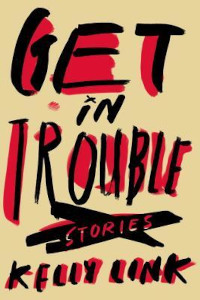
Get in Trouble by Kelly Link (Random House, 2016)
Kelly Link, Get in Trouble
I first encountered Kelly Link’s fiction when I was working at A Public Space where we were publishing an excerpt from Get in Trouble: “The New Boyfriend,” a story about a group of girls and their animatronic “boyfriends” who are possessed with the spirits of dead teenage boys. I was immediately taken with the way Link confidently blended the supernatural with a frightening tale of teenage girl social dynamics. The stories in the collection are by turns funny, scary, and delightfully weird. Another standout is “Two Houses,” a terrifying entry into the space-horror cannon that chills more with each re-read. I would pick up this collection from time to time while working on the stories in Mystery Lights trying to figure out how she makes her stories tick.
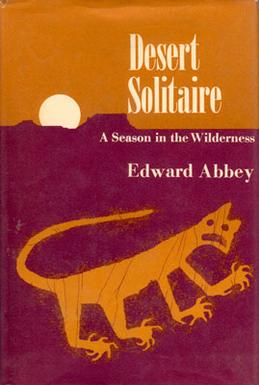
Desert Solitaire by Edward Abbey (McGraw-Hill, 1968)
Edward Abbey, Desert Solitaire
“This is not a travel guide but an elegy, a memorial . . . a bloody rock . . . throw it at something big and glassy,” Edward Abbey writes in his introduction to these recollections of his time working as a park ranger at Arches National Monument in the 1950s. When I first read this book, I was charmed by Abbey’s descriptions of the desert landscapes he traversed but put off by his misanthropy. He spends an entire chapter railing against cars in national parks, for example. But Abbey’s voice, and his passion for the land, remained in the back of my mind as I was working on Mystery Lights. As I spent more time in the deserts that he longed to preserve, I began to understand his point—that drastic measures are required for conservation to be effective.
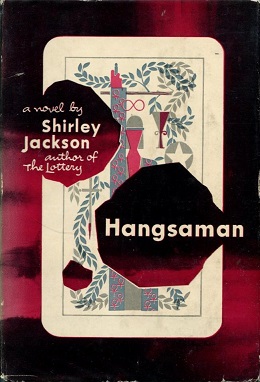
Hangsaman by Shirley Jackson (Farrar, Straus and Young, 1951)
Shirley Jackson, Hangsaman
Shirley Jackson’s ability to write unsettled women is unparalleled. Written in crackling, breathless prose, Hangsaman is about a lonely college freshman at a small liberal arts college who slowly unravels. I felt a special kinship with this book, having attended Bennington College in North Bennington, VT—the school Hangsaman is based on, near where Jackson lived—and I can think of no other novel that captures the bleakness of being isolated on a rural campus with nothing but your ghosts to keep you company. This book is a direct inspiration for the story “You Can Never Be Too Sure” in Mystery Lights.
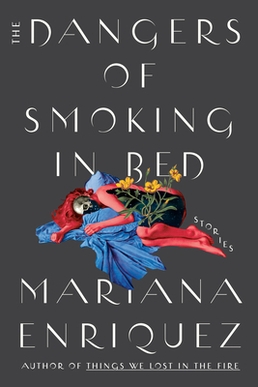
The Dangers of Smoking in Bed by Mariana Enriquez (Anagrama, 2009)
Mariana Enríquez, The Dangers of Smoking in Bed (translated by Megan McDowell)
No one is ever safe in this collection. I became enchanted by Enríquez when I read her short story “Our Lady of the Quarry,” a deeply disturbing tale narrated by a first-person plural of teenage girls. She’s not afraid of blood and gore, and her fiction has a visceral horror to it. Each story left me on edge, as if I’d just woken from a nightmare.
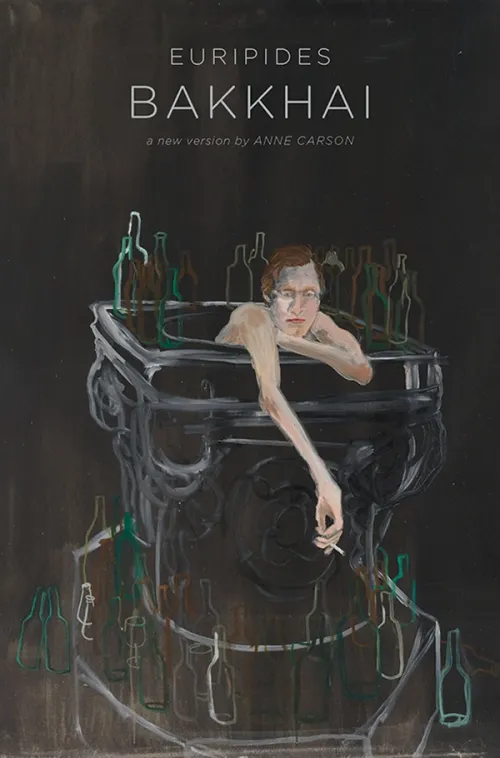
Anne Carson’s translation of Bakkhai by Euripedes (New Directions, 2017)
Euripides, Bakkhai (translated by Anne Carson)
This Greek tragedy portrays a standoff between Dionysos, whom the poet and translator Anne Carson describes as “a god who seems to combine all sexualities into a single ruinous demand for adoration,” and Pentheus, his cousin, the King of Thebes, who wants nothing to do with Dionysos and his Bakkhai, the chorus of wild women who follow him. In true Dionysian nature, gender and reality become fluid in Carson’s translation. Things come to a head in the gloriously bloody final act, when the women of Thebes, under the spell of Dionysos, roil in a murderous Bacchic frenzy. This wildness served as inspiration for the final scene of the title story of Mystery Lights, where Teresa Montecito’s followers start a riot in Marfa, TX.
Lena Valencia’s fiction has appeared or is forthcoming in BOMB, Electric Literature, Ninth Letter, Epiphany, the anthology Tiny Nightmares, and elsewhere. She is the recipient of a 2019 Elizabeth George Foundation grant and holds an MFA in fiction from The New School. She lives in Brooklyn, NY, where she is the managing editor and director of educational programming at One Story and the co-host of the reading series Ditmas Lit. Her debut short story collection, Mystery Lights, was published by Tin House Books in August 2024.


